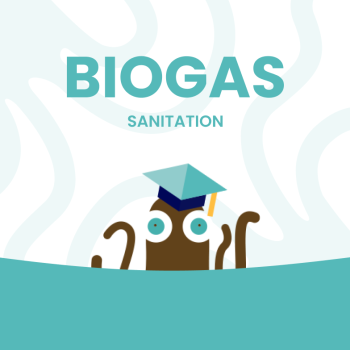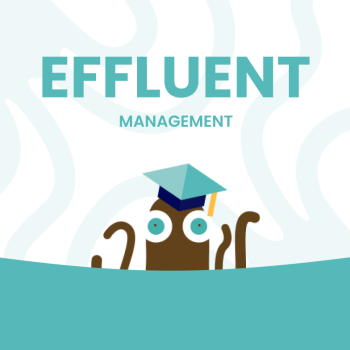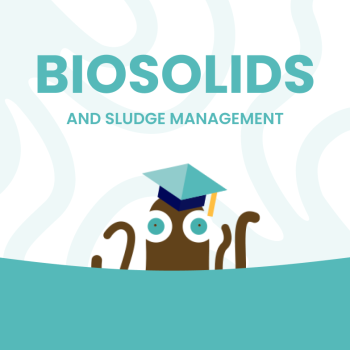Welcome to the Training section of the Octopus Platform.
The Octopus platform is designed for sanitation practitioners with the aim to provide a space for knowledge sharing and guidance in developing projects and enable informed decision-making related to faecal sludge treatment and disposal in humanitarian contexts.
The current Training section of the platform is part of Phase 3 of the development of the platform implemented under the context of a memorandum of understanding signed between the Department of Public Health Engineering (DPHE) from Bangladesh, the Global Water and Sanitation Centre of the Asian Institute of Technology (GWSC-AIT), Solidarité International (SI) and UPM Umwelt-Projekt-Management GmbH (UPM), with the technical support from the International Training Network of the Bangladesh University of Engineering and Technology (ITN-BUET) and the financial support from the Bill and Melinda Gates Foundation.
The training section, and the initially available training modules
Aim to support the practitioners by closing potential knowledge gaps related to Faecal Sludge Management (treatment and disposal) technologies, treatment processes, and design considerations. The training goal does not aim at replacing the professionals for planning and design but rather to ensure a better understanding of the technologies and their integration by all actors in the sector.
The initial courses’ content and format proposed here are based on the assessed needs and user profiles of the practitioners in the Rohingya refugee crisis working out of Cox’s Bazar.*
*A training needs assessment was conducted in the first half of 2023 in cooperation with the Cox’s Bazar WASH technical group.
Resources:
You are not alone! If you did not find the training content you were looking for, you might be able to find it on the resource’s pages listed hereunder. This is by no means an exhaustive list, but a compilation of free (at the time of publication) learning resources that we believe are helpful to create a better understanding of faecal sludge management and sanitation, in emergency context.



